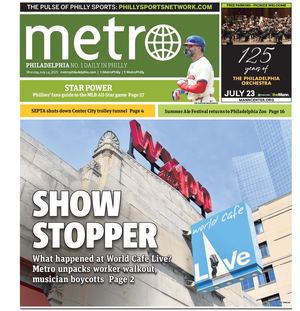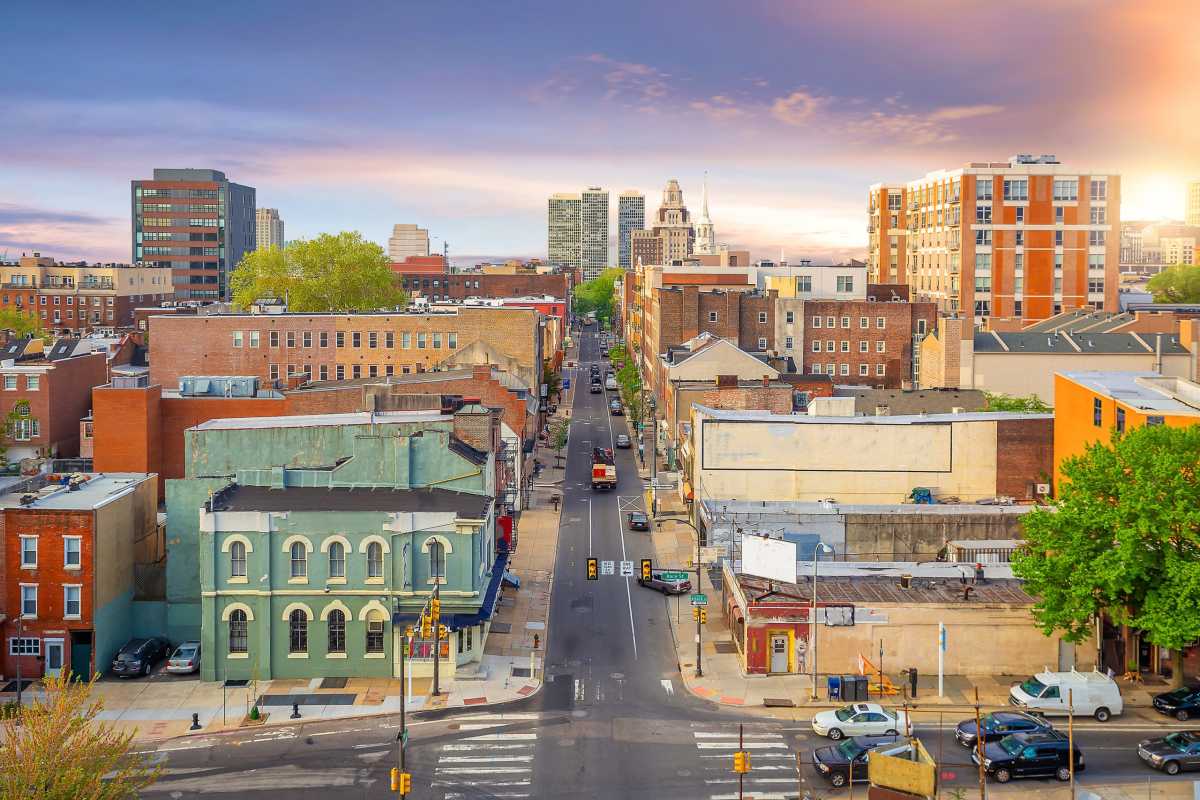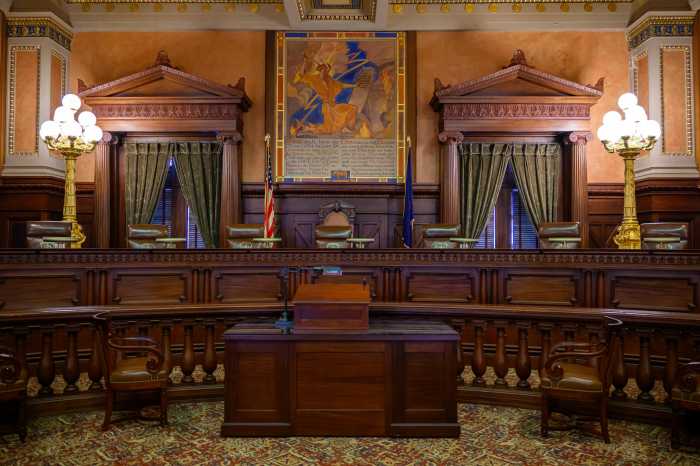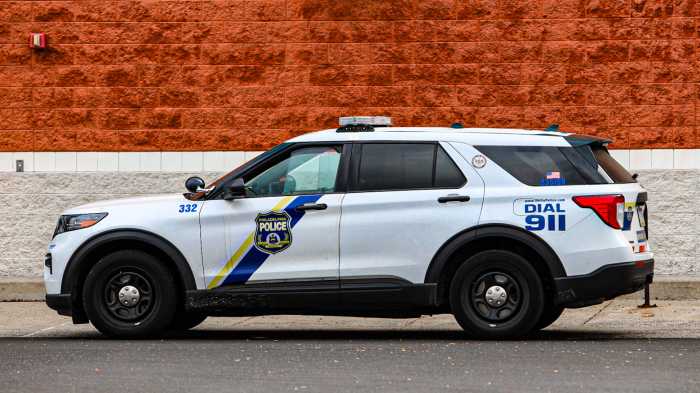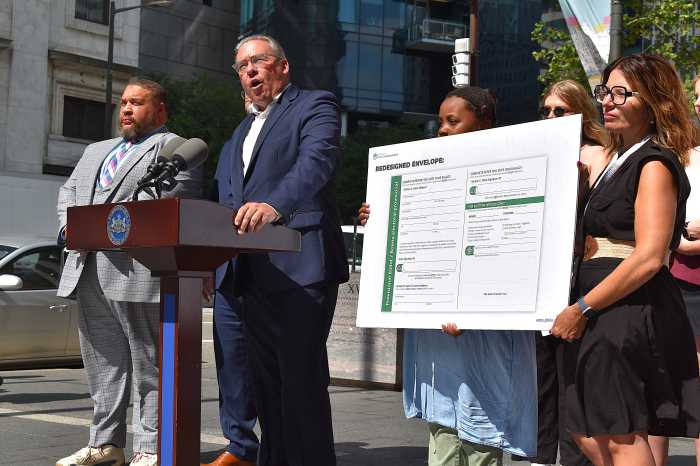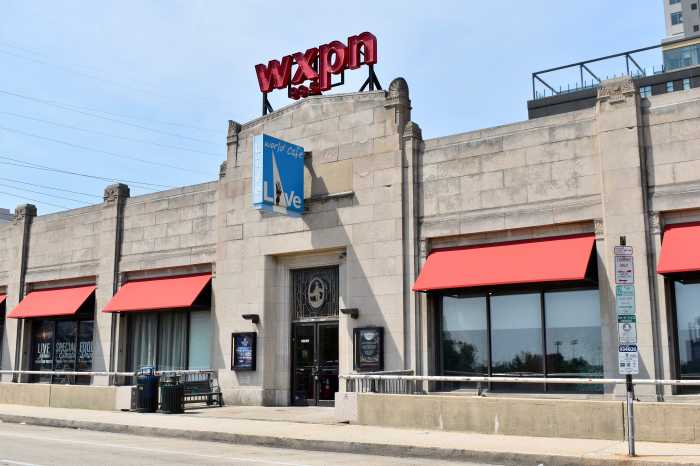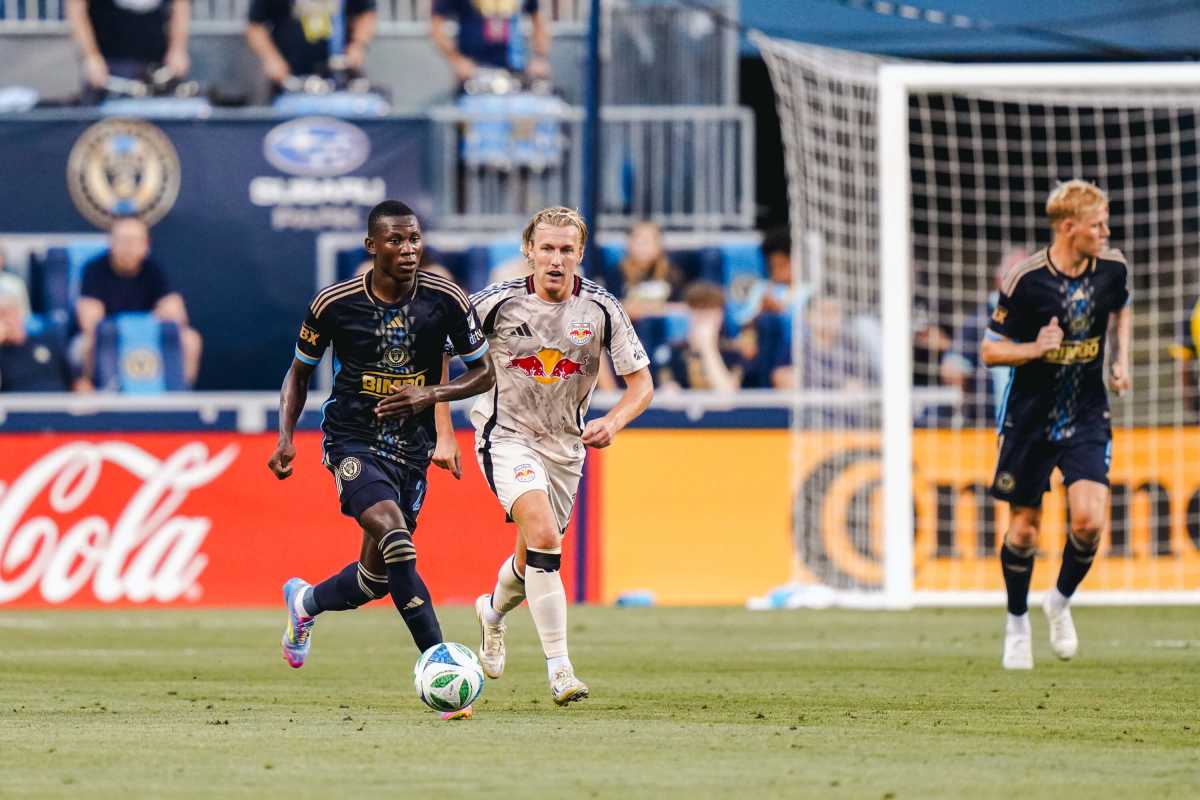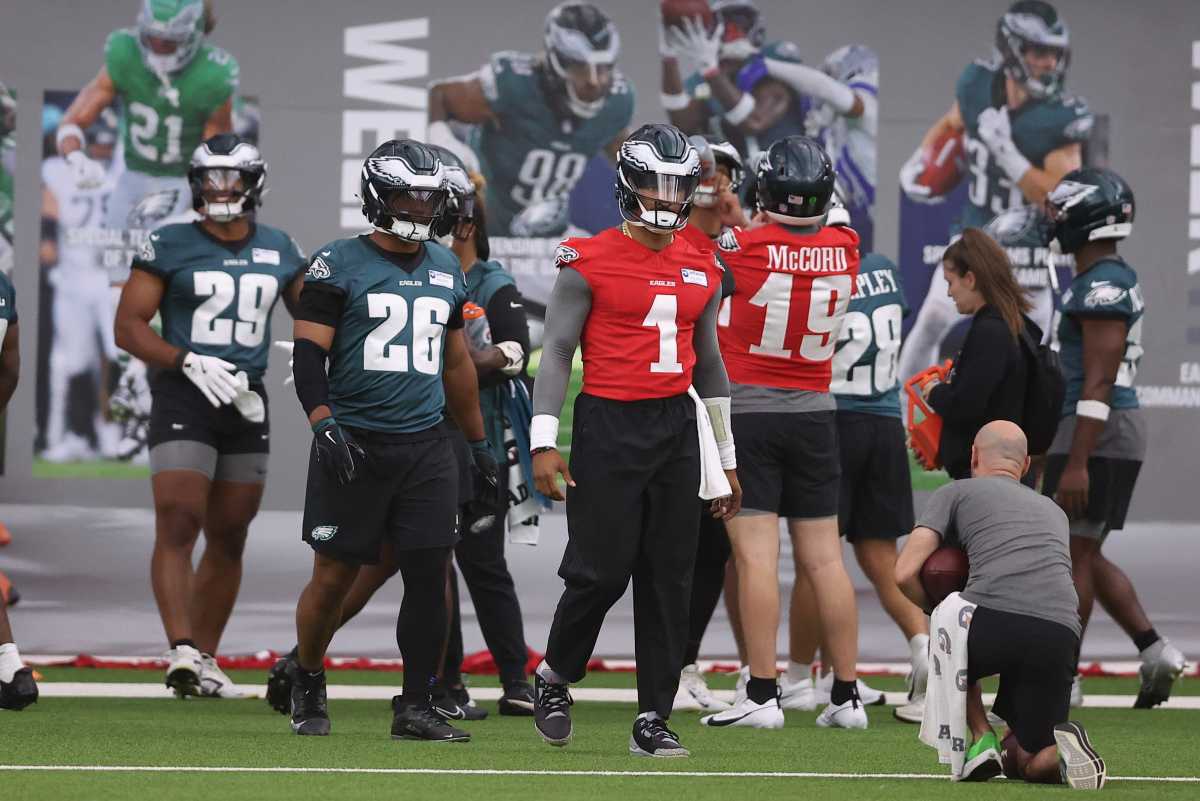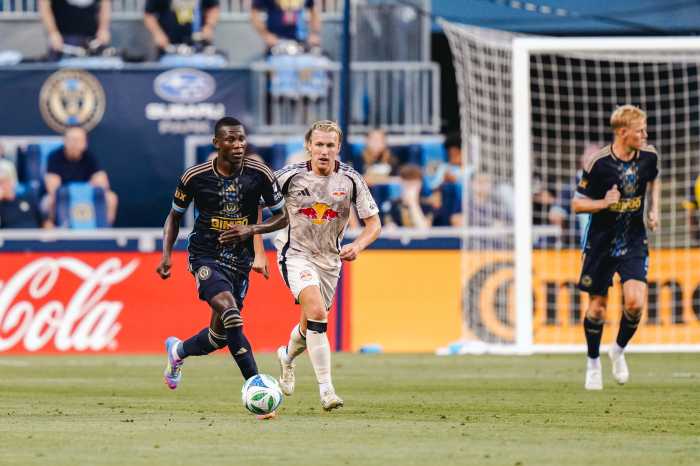As Philadelphia emerges from the COVID-19 pandemic that caused deep damage to our communities, decision makers have been focused on what it will take “come back” and “return to normal”. But the goal shouldn’t be to “return” to how things were, but to use the slowdown forced by the pandemic to make things better in our communities. By adopting just a few key changes, the city can not only help communities that were harmed, but build upon its reputation as one of the best places in the country to live, work or visit.
As is widely recognized, Philadelphia’s LGBTQ community is heavily, even disproportionally, represented in many industries. That experience has given our community a strong insight — and interest — into what can and should be done to help our community rebound. While loans and grant programs have helped businesses and workers survive, that is all they did: allow us to survive. It’s critical that the city do what it can to support.
One of the first things Philadelphia can and should do is reduce the burdensome wage and BIRT tax. Philadelphia has one of the highest and most complicated local tax rates in the nation, creating a barrier for businesses to grow and disincentivizing workers. We are currently being outpaced by most major metros in business and job growth – and in order to rise above our peer cities – we need to increase the number, and demand, for businesses and workers. The city needs to invest in our workers and business owners now by creating a competitive tax structure through wage and BIRT tax reform.
The city can also build upon the innovations the tourism and hospitality industry adopted in order to survive. Philadelphia restaurants and their workers faced existential threats when restaurants were ordered to close for months at a time, and then opened up with severely limited capacity. But that trauma forced restaurants to be innovative and creative. From expanding delivery options, creating outdoor streeteries and allowing cocktails-to-go not only saved many restaurants and workers, but they increased the safe, clean feeling on many streets and helped create a cosmopolitan feeling in Philadelphia.
Unfortunately, City Council and the Kenney Administration have recently backed restrictions around restaurants which are harmful. While there has been some progress in reversing the worst of the new regulations and restrictions, there is much more than can be done to ensure that every neighborhood has access to dining options that make communities livelier and stronger.
The city can also quickly and easily help the LGBTQ community take strong steps forward to designate it as a diverse community for contracting purposes. Although it seems odd that hasn’t already happened – after all, Philadelphia has long been one of the most progressive cities on key issues like marriage – what truly reveals how out of step the city is the fact that both Pittsburgh and the Commonwealth of Pennsylvania do. In fact, Philadelphia is one of the last big cities in the country – and one that is desperately looking for ways to increase diversity – that doesn’t include LGBTQ as a diverse category for contracting. This can and should happen before the end of this year’s budget cycle.
These are easy steps the city can take to support the LGBT community. Of course, there are many other ways to make Philadelphia a better place for LGBTQ members to live, as the community is, arguably, the only community that cuts across every demographic division — racial, gender/gender ID, zip code, and age. At each and every level, we support and build communities and we hope the City of Philadelphia will support and build our community.
Zach Wilcha is the Executive Director at Independence Business Alliance, Philadelphia’s LGBT Chamber of Commerce.
